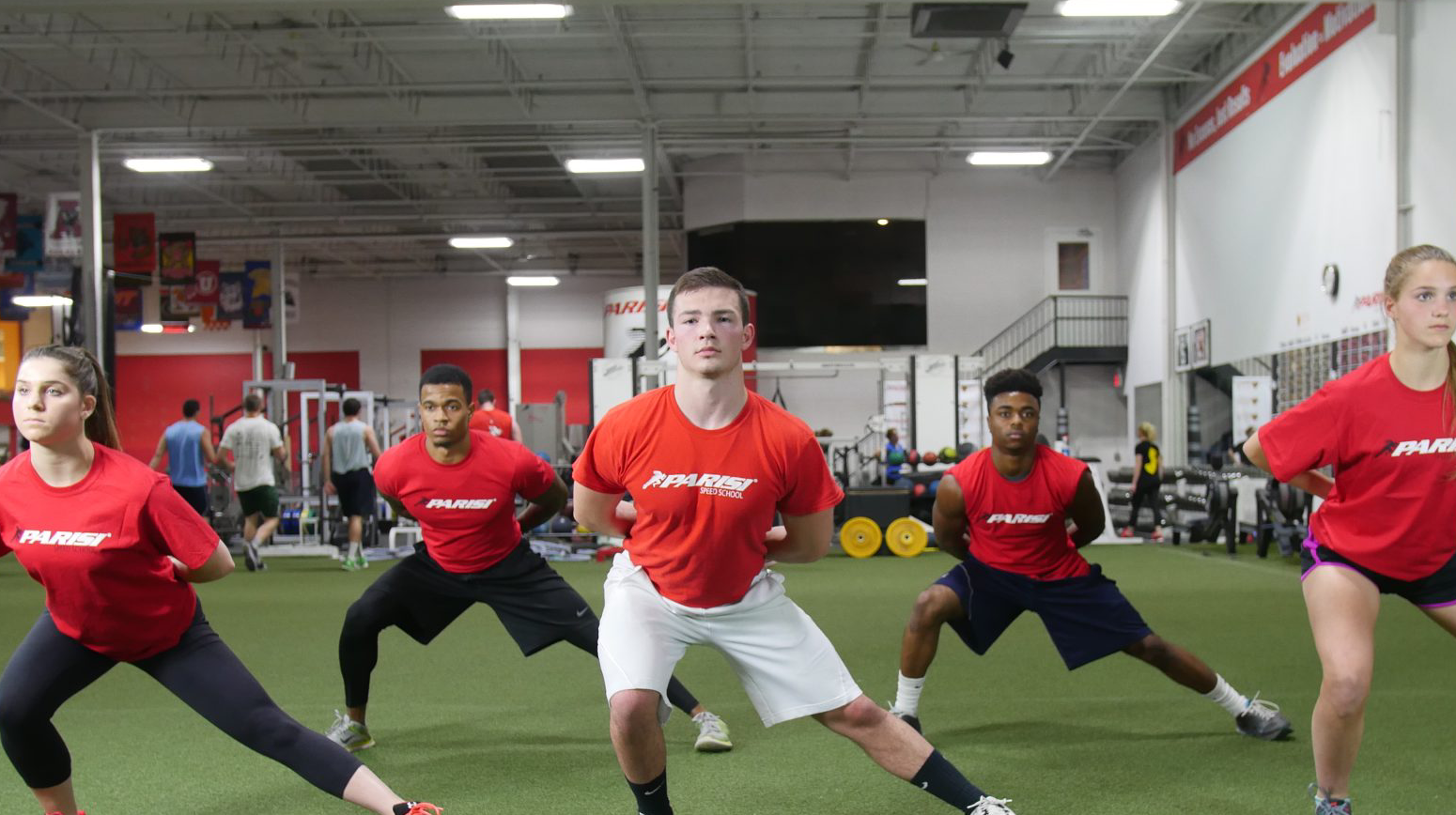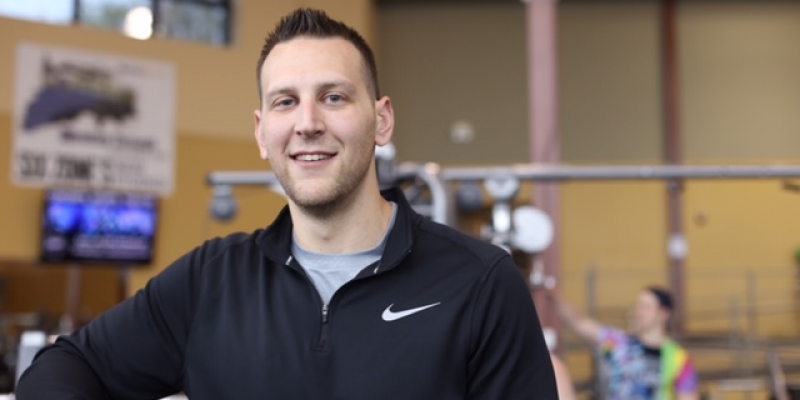The Importance of Building Relationships in the World of Sports Performance
By Andrew Haberman, Parisi Performance Coach
Newtown Athletic Club, Newtown, PA
The outside world often sees the fitness industry and performance coaches as merely drill sergeants and sales people. A lot of times, they are right. The fitness industry is certainly filled with sales gimmicks and very low prices to “get you to your goals right now!” While this initially gets people in the door, eventually, if they are smart, most people see right through it, and are often tempted to walk away. Now, referrals are the ultimate goal because they are free marketing, they reassure that you are great at your job, and they lead you towards connections with potential future clients. So, the question becomes, how do you move past the sales gimmicks to get people to stay for years, or better yet, refer others to come train with you?
The answer to this question is actually quite simple: Build relationships with people. Which people? You should strive to build strong relationships with anyone significant in the world of sports performance. This includes athletes, parents, coaches, league directors, and even local doctors. By getting to know who these people are and supporting them outside of the gym, like going to watch your athletes in action, you build relationships that are more than just typical trainer/client relationships.
Most of the athletes we see in Parisi Speed School are kids, and kids do not only love, but are absolutely addicted to social media. Therefore, one way to help connect with these athletes is to create an Instagram account and highlight your athletes’ accomplishments. Better yet, you could go out to the field and take an action shot, then give them a shout-out on some form of social media.
If you have not gotten it by now, going to watch your athletes compete is the single most valuable action you can take to grow your list of athletes. Not only are the athletes excited to see you there, but you are also showing their parents (the ones who pay you) that you care about their children. Not to mention, you get a chance to be introduced to other coaches and parents as a bonus. For example, I remember one weekend when I went out to watch one of the soccer teams that I trained while they were playing in a game. It was a group of 13-year-old girls. As the game was going on, I got tackled from behind by a coach of another team I trained. We started talking on the sideline and he introduced me to two other coaches. The next week, one of those coaches came in for a team-training demo. I did not get paid to go watch those girls play for an hour that day, but I did get another team in front of me, and another chance to spread my passion and knowledge.
However, this is not always the case. Most of the time, it takes a while to warm a coach over and get their team to come in for a demo. Nevertheless, it’s important to not lose contact with that coach. Every now and then, shoot him/her a message, saying something like, “Hey, I just wanted to check in as we make our schedule for the fall…” or anything along those lines. Eventually, if you are effective at building relationships, one of their players or another coach he/she knows will mention how great you are, and boom- you’re in!
Once you have trained a team for a few weeks and have gotten to know the coaches, it would be helpful to ask if they coach any other teams. The chances are pretty high that they have another child who plays for a different team. Another option is to ask if you could come to a coaches’ meeting. The more coaches you can meet and start building relationships with, the more that your web of potential athletes can grow.
Unfortunately, some of our athletes will get hurt at some point. In this type of situation, it is crucial to coordinate with their doctors and physical therapists on their views of how you should be helping the athlete back onto the field or court. Also, if the athlete requires a back-to-sport test, do your best to accompany him/her if your schedule allows. This can be very nerve-racking for a lot of younger athletes, so having your motivation there could make the difference between a pass or a fail. When the doctors trust that you have the athletes’ best interests in mind following an injury, then they may start sending you more injured athletes that they work with.
For those with significant others, we know that trust is paramount if any romantic relationship is going to thrive and be successful. The same can be said for the trainer/client relationship as well. When the people you train can trust that you will help them reach their goals, you will find that these clients will stick around a lot longer, and will be extremely loyal and dedicated. Building these relationships takes effort and time, sometimes even years. But, when you build them, grow them, and take care of them, everything else will fall into place.
If any Parisi Employee would like to contribute to our monthly Newsletter please contact George Stephens at [email protected]


 Parisi Champion of the Month: Belle Christ (Parisi Speed School of Morristown)
Parisi Champion of the Month: Belle Christ (Parisi Speed School of Morristown)